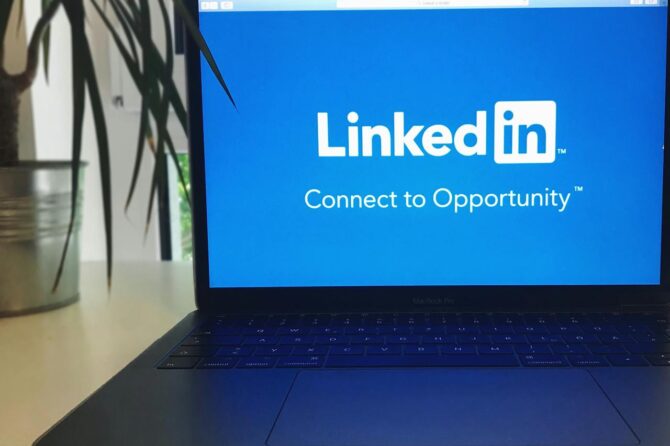Interviewing for a job is a whirlwind. But nothing compares to the time I was a candidate for a Customer Success Manager (CSM) role at a large, publicly traded tech company. After several rounds of conversations, I advanced to the final presentation round. The stakes were high, and I was determined to leave a lasting impression.
The Challenge
I received a detailed PDF outlining the expectations for the final round. My task: prepare a 30-minute presentation as if I were onboarding the company’s newest customer, followed by a 15-minute Q&A session. The instructions were clear and straightforward, and I saw this as an opportunity to showcase my skills.
I decided to go all out. I wanted my presentation to look and feel authentic—as if I were already part of the team. I scoured the internet for examples of their official PowerPoint templates to replicate their style. Then, I dove deep into the company’s suite of tools and services, familiarizing myself with their offerings inside and out. By the time the day arrived, I felt prepared and confident.
The Presentation
The room was filled with 5-6 employees, including the hiring manager, all there to evaluate my performance. I began the presentation, walking them through a meticulously crafted slide deck. My delivery was smooth, and at one point, someone even remarked, “It’s actually impressive how much you know about us without even working here.” It was the kind of validation I needed.
Then came the feedback.
The Feedback
The hiring manager started by correcting a minor error I made during the presentation. While it wasn’t ideal, I brushed it off, considering the breadth of information I had condensed into a short presentation. But then came the real critique: “You didn’t pause for any questions.”
Here’s where I felt the disconnect. The instructions clearly stated a “30-minute presentation followed by a 15-minute Q&A”. I had intentionally designed my slides to take the full 30 minutes, leaving time for questions at the end, as per the guidelines. In my mind, pausing mid-presentation for questions felt unnecessary for a scenario where I was pitching to people who already knew the material better than I did. Apparently, that wasn’t the expectation.
The Rejection
Despite the minor critique, I left feeling good about the overall experience. I followed up with thank-you notes to everyone involved. Then, just a day later, I received the rejection email:
“The team really enjoyed meeting you, but they have decided to pursue a candidate whose skills and experience are a closer match to the requirements of the position. I will definitely keep you in mind as other opportunities arise. Let’s stay in touch!”
It was the kind of generic response that felt like a gut punch after all the effort I’d put in.
The Follow-Up
Determined to gain clarity, I reached out to the recruiter about other roles at the company that seemed like a good fit. Her response stung even more:
“The CSM team really liked you as a person and your interviews, but from your case presentation, they wanted the presentation to be more interactive and more tied to the customer. That being said, the CSM roles would not be the best fit as of now. Let’s definitely keep in touch for future opportunities.”
Despite my preparation and effort, I was deemed unfit for any CSM roles, all because I hadn’t paused for questions and hadn’t framed the presentation differently—even though I’d followed their instructions to the letter.
Lessons Learned
This experience crushed me at the time, but it also taught me a valuable lesson: always read between the lines of interview instructions. Now, I make it a point to pause for questions during presentations and even sales calls—sometimes to a fault. Their feedback, while frustrating, has stuck with me and influenced how I approach every interaction since.
Do I think their feedback was entirely fair? No. But it reminded me that interviews are as much about interpreting unspoken expectations as they are about delivering on explicit ones. But more importantly, I learned that often it doesn’t matter how well you do, or how qualified you are, some times the company makes the wrong choice.











